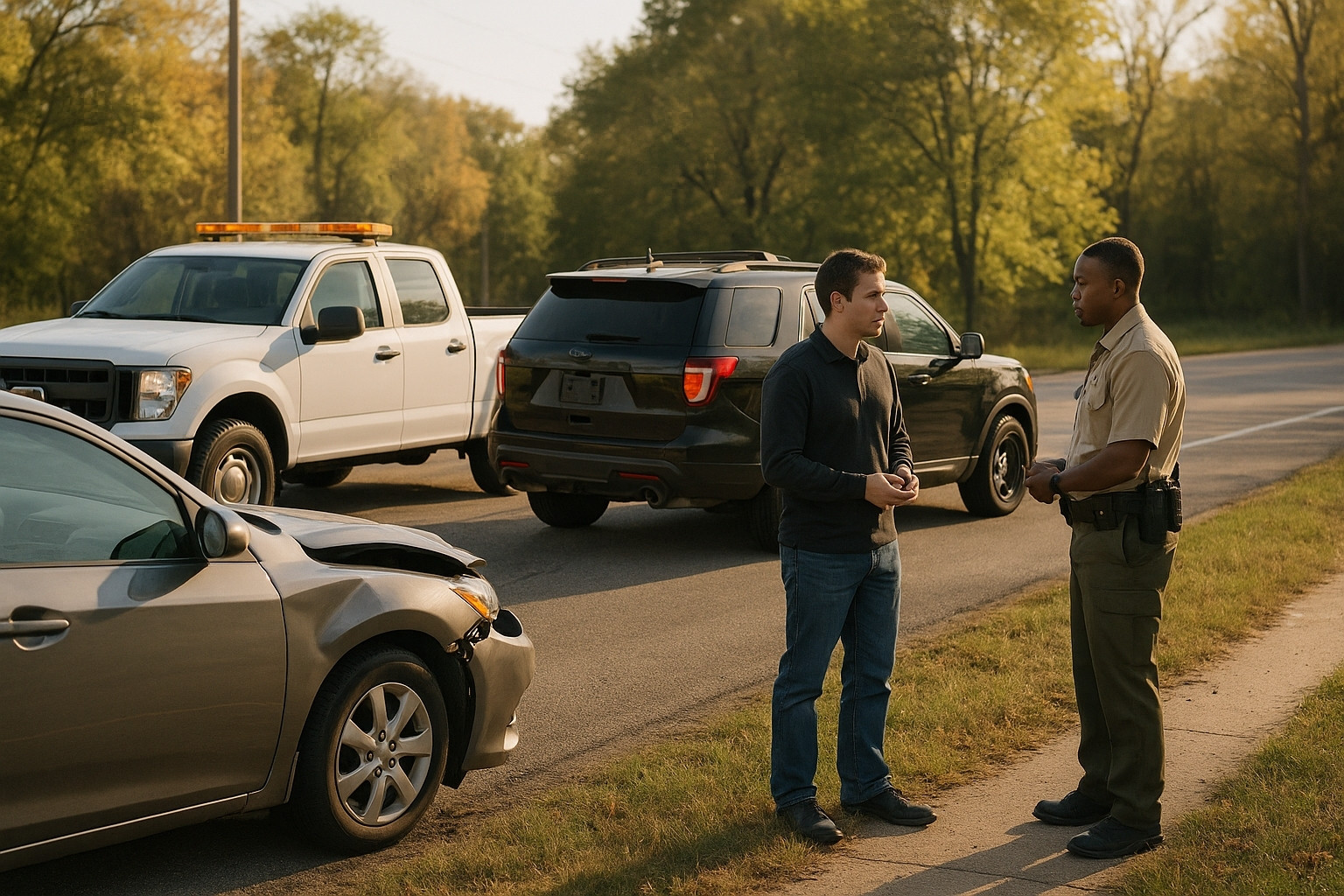After a motor vehicle accident, while your focus might be on recovery and repairs, there's a ticking clock that can profoundly impact your right to compensation. These crucial legal deadlines are known as Statutes of Limitations. Failing to file your claim within these strict time limits - even by a single day - can permanently bar you from seeking compensation, regardless of the merits of your case or the severity of your injuries. Understanding and respecting these deadlines is paramount to protecting your legal rights. For comprehensive assistance across all aspects of your case, explore our main Claim Help guide.

Unfortunately, based on your response, you may not qualify to file a claim. Most personal injury cases must be filed within two years of the accident, in accordance with the statute of limitations. Please consult with a licensed attorney to explore any possible exceptions or additional options.
A Statute of Limitations is a law that sets the maximum time after an event that legal proceedings can be initiated. For motor vehicle accidents, this deadline typically applies to personal injury claims, wrongful death claims, and property damage claims.
The clock generally starts ticking on the date the accident occurred. While specific time limits vary significantly by state (ranging from as short as 1 year to as long as 6 years), most states impose a statute of limitations of around two to three years for personal injury claims arising from car accidents. It is vital to determine the exact deadline for your specific state.
While the general statute of limitations is a primary concern, several factors can alter or affect the specific deadline for your case. It's crucial to be aware of these nuances:
The time limits can differ based on the nature of your claim. For instance, the deadline for filing a personal injury claim may be separate from that for property damage or wrongful death claims. Always verify the specific statute that applies to each aspect of your case.
If your accident involved a government vehicle, a public employee, or occurred on government property, the time limit to file a claim is usually drastically shorter, often as little as 30 to 180 days. These cases also frequently require a specific 'notice of claim' to be filed within a very short period after the accident, sometimes even before you file a lawsuit.

In rare circumstances, some states apply a 'discovery rule.' This means the statute of limitations might not begin until you discover (or reasonably should have discovered) your injury, particularly if symptoms were delayed or the injury was not immediately apparent. However, for most motor vehicle accidents with immediate injuries, this rule does not typically apply, and you should not rely on it without explicit legal advice.
If the accident victim is a minor (under 18) or is legally incapacitated at the time of the accident, the statute of limitations may be 'tolled' (paused) until they reach the age of majority or regain capacity. This means the standard time limit would only begin once that condition is met. However, it's still best to consult an attorney.
While adhering to the statute of limitations is legally imperative, acting swiftly after an accident offers significant practical advantages for your claim, even if the legal deadline is years away:
Crucial evidence such as skid marks, vehicle positions, traffic camera footage, and witness memories – degrades or disappears rapidly. The sooner an investigation begins, the easier it is to collect accurate, compelling evidence to support your case. Our guide on how to file a claim outlines immediate steps for evidence gathering.
Delaying medical attention can make it harder to definitively prove that your injuries were directly caused by the accident, which insurance companies may use to deny or devalue your claim. Prompt medical evaluation creates a clear link between the accident and your injuries.
Your own insurance policy will have specific requirements for notifying them of an accident, which are often much shorter than the legal statute of limitations (e.g., 24-48 hours). Failing to notify your insurer can jeopardize your coverage and potentially lead to a denied claim.
Navigating state-specific statutes of limitations, complex legal nuances, and potential exceptions is highly complex. A qualified motor vehicle accident attorney plays a vital role in protecting your claim from being time-barred:
An attorney will precisely identify the correct statute of limitations for your specific case, taking into account the state where the accident occurred, the type of claim, and any unique circumstances (like government involvement or a minor victim).
They will ensure all necessary legal documents, complaints, and notices are prepared correctly and filed well within the required legal timeframe, preventing your claim from being dismissed due to missed deadlines.
Beyond just meeting deadlines, an attorney will manage all aspects of your case, from gathering documentation to dealing with insurance adjusters, allowing you to focus on your recovery. Understanding when to hire a lawyer is a decision that could save your claim.

The consequences of missing a statute of limitations are permanent and severe. Don't risk losing your right to compensation due to a technicality. If you've been injured in a motor vehicle accident, the most proactive step you can take is to consult with an experienced accident attorney as soon as possible.
MVAClaim.com connects you with vetted, local lawyers who understand the complex time limits in your state and are dedicated to securing the compensation you deserve. Your initial consultation is free and comes with no obligation, and our network attorneys work on a contingency fee basis; you pay nothing unless they win your case. For more general questions, check our FAQs.
Unfortunately, based on your response, you may not qualify to file a claim. Most personal injury cases must be filed within two years of the accident, in accordance with the statute of limitations. Please consult with a licensed attorney to explore any possible exceptions or additional options.